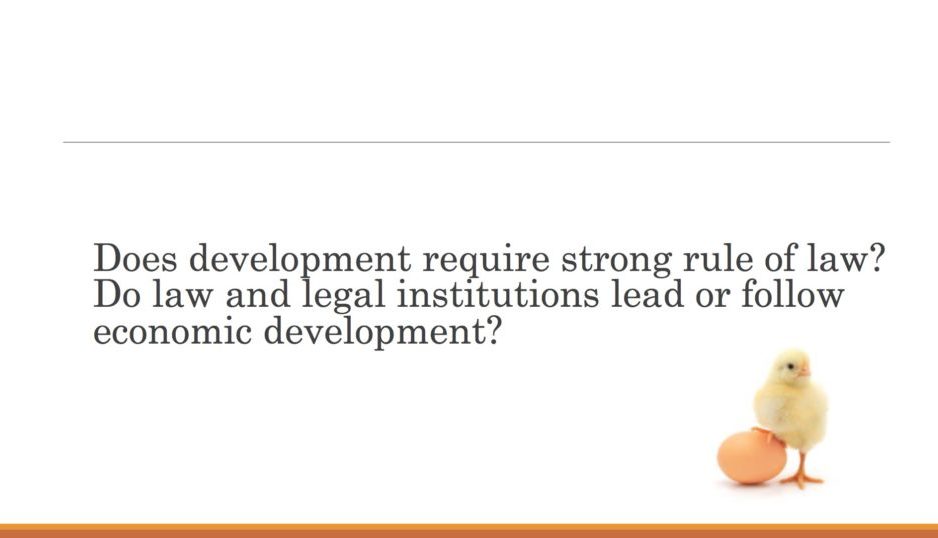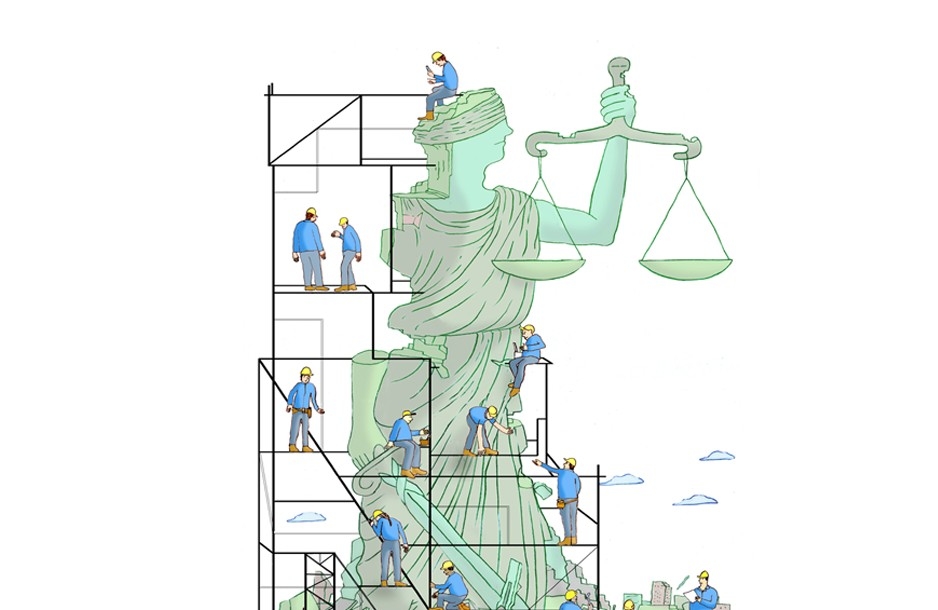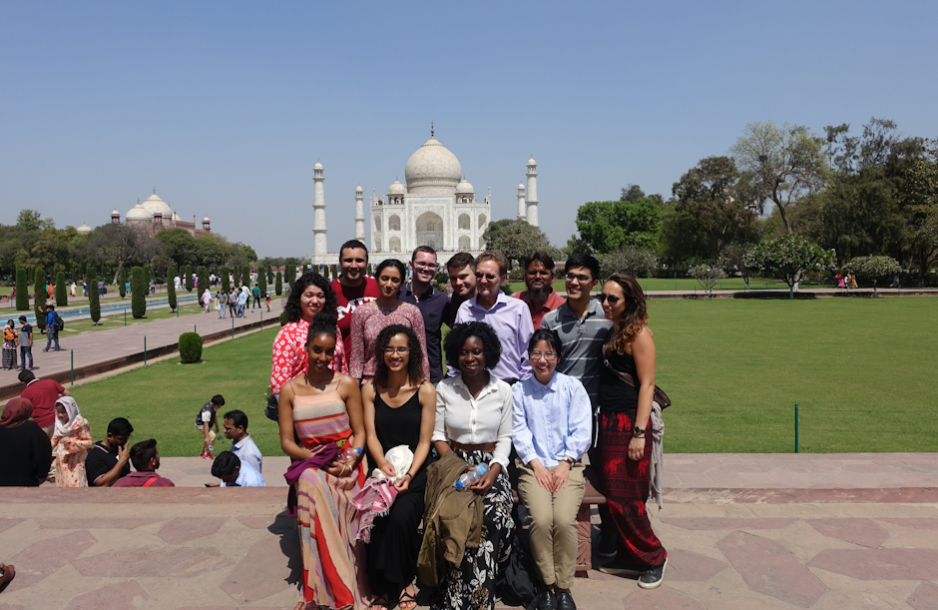The Rule of Non-Law Project
Economists, legal thinkers, and policymakers generally agree that certain kinds of market-focused legal reforms are important drivers of economic growth and are key tools for reducing poverty. As a result, developing countries around the world are encouraged to adopt institutions that protect property rights, enforce contract protections, and adjudicate disputes in formalized, state-controlled settings.
The purpose of the Rule of Non-Law Project is to question these widely held assumptions. We start from the observation that some of the fastest-growing economies—many of which are also at the forefront of poverty reduction—seem to be advancing without having conducted any serious legal reforms. We explore the kinds of substitute mechanisms that actors use in societies like these to make their markets efficient. We also consider the conditions under which certain actors are able to take advantage of less-efficient markets in ways that lead to stronger growth and less poverty.
We operate an active teaching and research agenda within the Rule of Non-Law Project. We welcome research project proposals from Stanford students and faculty.
Teaching
(Fall 2018: LAW 5103) This seminar is centrally concerned with bridging theory and practice. The seminar introduces the key theories relevant to state-building generally, and strengthening the rule of law in particular.
learn more(Winter 2019: LAW 5025 / IPS 281) This course provides an introduction to the study of global poverty. What causes poverty? Why have some parts of the developing world done better at alleviating poverty than others? Can the world ever be free of poverty, as the World Bank's official motto suggests? And most importantly, what can aspiring lawyers and policymakers do to improve the condition of the world's impoverished? These are the some of the questions this course is designed to address.
Learn more(Spring Break 2018: LAW 5026) This is the India Field Study component of Global Poverty and the Law.
Learn more


